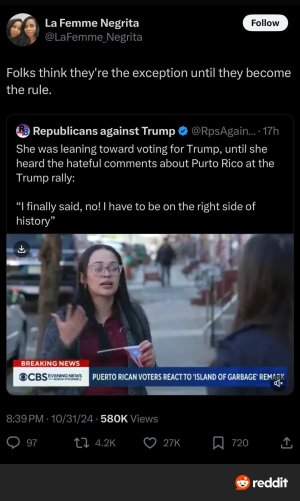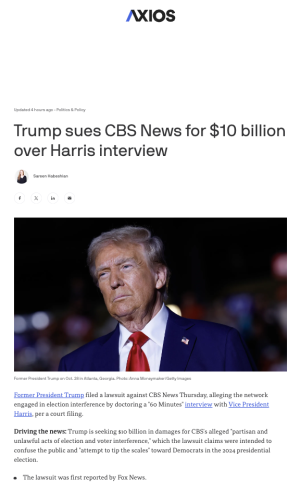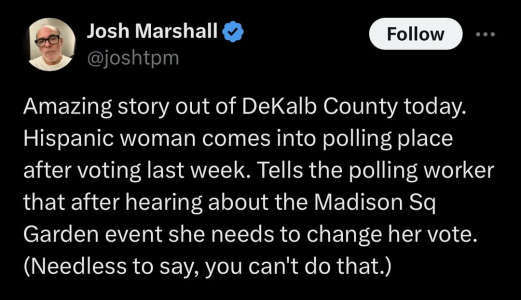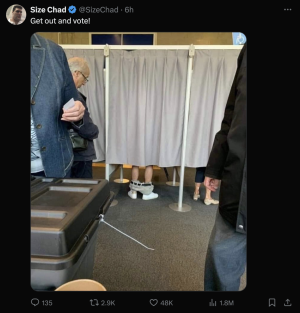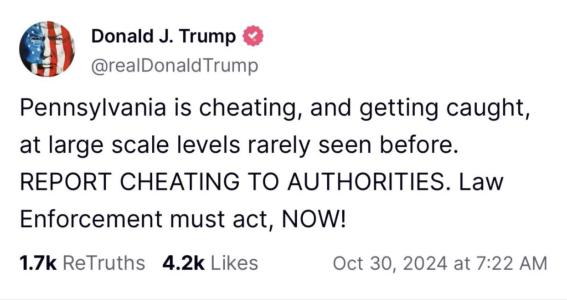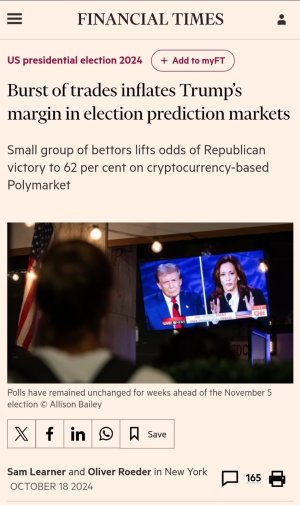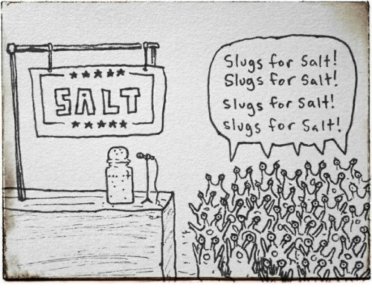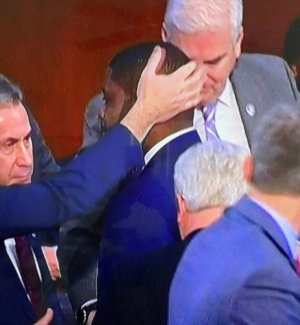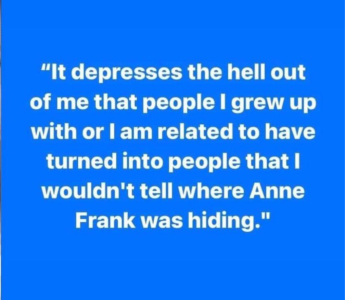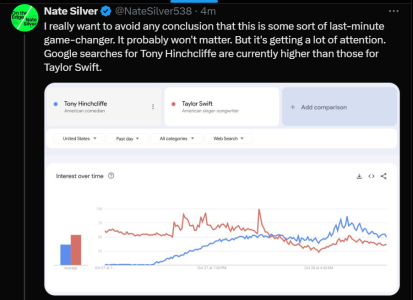 dwalk31
dwalk31
What are your thoughts on the following things that occured yesterday and today?
-The president attacking the longstanding legal practice of cooperating with the prosecution in exchange for reduced charges/sentencing.
Specifically during that rant he said "It's called flipping and it almost ought to be illegal"
Should 'flipping' as he calls it be illegal or heavily regulated to restrict those kind of cooperation agreements? Should a president sworn to uphold the law even be making any suggestion that 'flipping' should almost be illegal?
-The president attacking his own Attorney General once more, particularly Sessions' recusal from the Russia probe, and claiming the only reason he picked Sessions for the job was loyalty.
“I put in an attorney general that never took control of the Justice Department,” Trump said during the interview, which was taped Wednesday at the White House. “It’s sort of an incredible thing.”
“Jeff Sessions recused himself, which he shouldn’t have done, or he should have told me,” Trump said. “He took my job, and then he said, ‘I’m going to recuse myself.’ I said, ‘What kind of man is this?’ ”
“And by the way, he was on the campaign,” Trump said on Fox. "You know, the only reason I gave him the job is because I felt loyalty. He was an original supporter.”
Do you find it concerning that Trump has been repeatedly attacking Sessions' recusal (advised by DOJ ethics officials) and Trump's claim that loyalty was the sole reason he gave Sessions the job?
Loyalty being of such importance to him when it comes to the AG position certainly explains why he has directed so much anger at Sessions' recusal that applies to the Mueller investigation. Sessions has repeatedly felt the ire of the president throughout this administration despite doing pretty well in carrying out the Trump agenda. The recusal from the Mueller probe is usually central to those outbursts.
More broadly, what do you make of Trump's pattern of behavior relating to Sessions and the Mueller probe?
He claims
loyalty was the sole reason he gave Sessions the job and his fury directed at Sessions' recusal has only grown worse while the Mueller probe proceeds.
On top of that President Trump has already ordered Mueller fired on at least 2 separate occasions, though it's unclear if a directive was actually delivered to the WH counsel in the second attempt.
The first time he ordered Mueller fired was in June 2017, however when the WH counsel was handed the directive he threatened to resign in protest and Trump then backed off.
Trump then attempted to fire Mueller again in December 2017, this time after reading a press report (ABC News I think) about Deutsche Bank subpoenas but he backed off when Mueller's team told him that report was inaccurate.
What do you think motivates Trump to focus so many repeated attacks on Sessions' recusal from the Mueller probe? Given Trump's claim that loyalty to him was the only reason he gave Sessions the job in the first place, doesn't that and the ever increasing volume and angry tone of the attacks on Sessions' recusal appear to indicate he rather desperately wants a loyalist in charge of the Mueller probe?
Even though Rosenstein is a Trump appointee and lifelong Republican as well.
Lastly, do you find it concerning that the president says he gets his legal advice from tv? And by tv I presume that to be Fox News primarily.
Specifically this is what he said regarding the campaign finance violations Cohen pleaded guilty to.
“By the way, he pled to two counts which aren’t a crime which nobody understands.
I watched a number of shows, sometimes you get good information by watching shows, those two counts aren’t a crime.”








